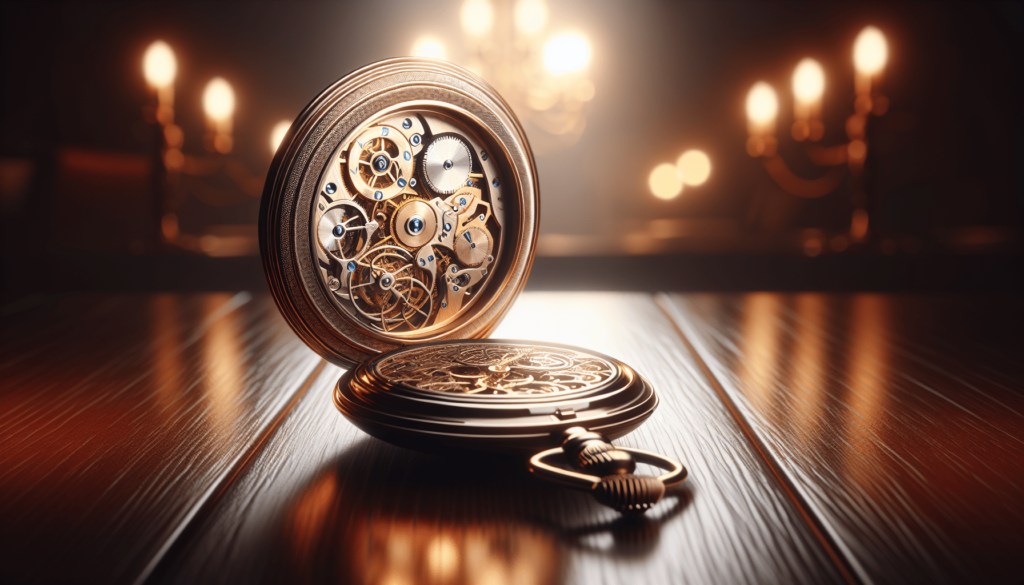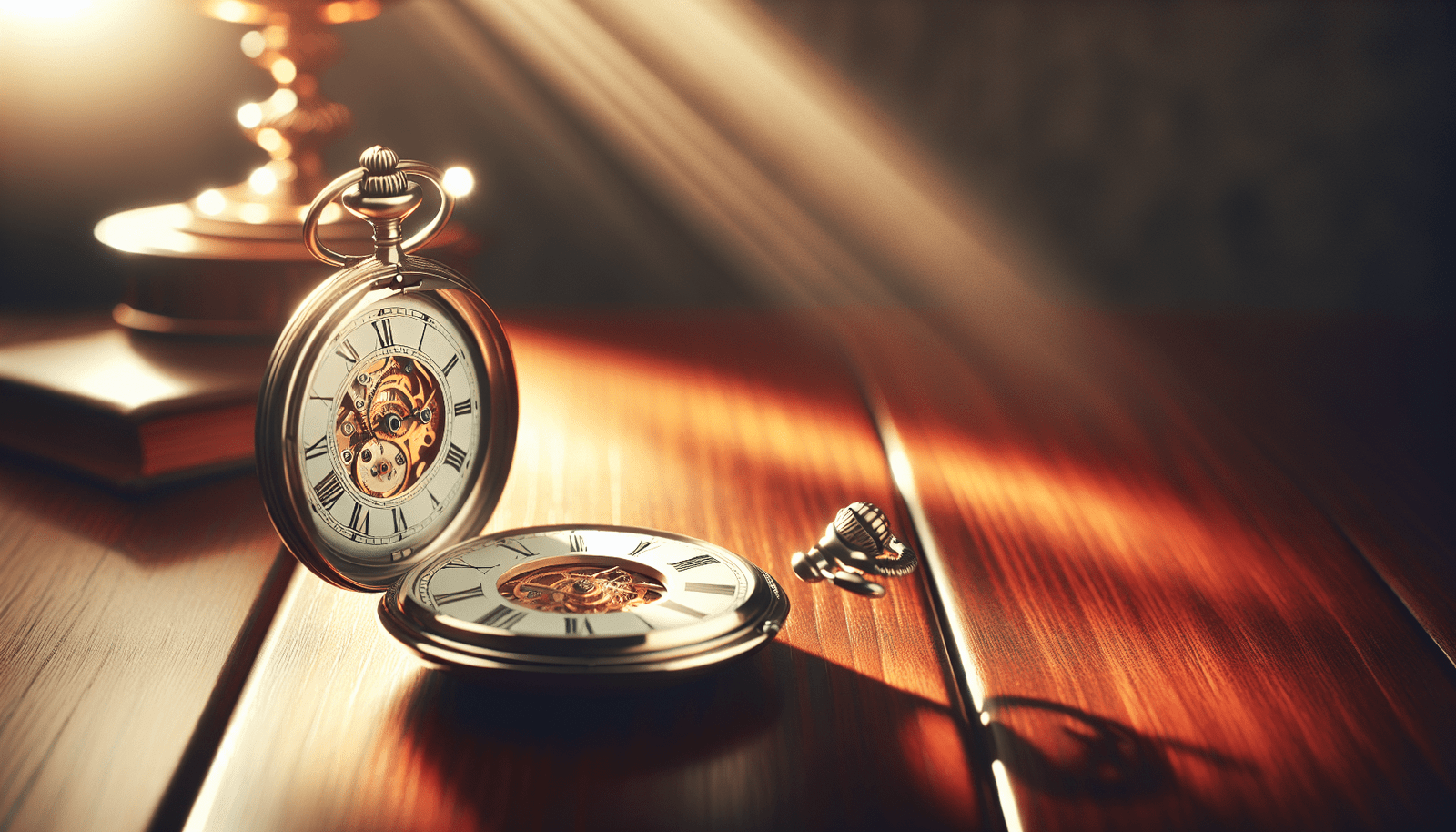Have you ever found yourself at a formal event, wondering which topics of conversation are appropriate to engage in? Navigating the intricacies of formal conversations can be daunting, especially when you aim to leave a lasting, positive impression. This article, “Timeless Conversations for Formal Occasions,” will guide you through the suitable topics and the nuances of meaningful dialogue during such events.

The Art of Conversation at Formal Events
The ability to converse gracefully at formal occasions is a skill that can leave a memorable impression on others. It’s not just about talking but about engaging in meaningful, thoughtful dialogue that leaves both parties feeling enriched.
Importance of First Impressions
First impressions are often lasting because they shape how others perceive you. Your demeanor, choice of words, and ability to listen all play crucial roles in setting the right tone from the very beginning.
How to Make a Strong First Impression
Consider these steps to make a positive impact:
- Appearance: Dress appropriately for the occasion. A well-chosen outfit can make you feel more confident.
- Body Language: Maintain eye contact and offer a firm handshake.
- Openness: Be genuinely interested in the person you’re conversing with.
Table: First Impression Do’s and Don’ts
| Do’s | Don’ts |
|---|---|
| Smile sincerely | Appear distracted |
| Listen actively | Interrupt |
| Ask open-ended questions | Monopolize the conversation |
Selecting Conversation Topics
Choosing the right topics to discuss at a formal event can be tricky. The aim is to find common ground that is interesting to both parties while maintaining appropriateness and decorum.
Safe and Engaging Topics
Current Events and News
Talking about current events can be an excellent icebreaker. However, make sure to avoid highly controversial or divisive subjects unless you are certain of your audience’s views.
Arts and Culture
Discussing recent exhibitions, concerts, or plays provides a rich ground for conversation. This topic showcases your cultural awareness and opens up avenues for deep, thoughtful exchange.
Recommendations
Movies, books, and restaurants are always good conversation starters. Sharing and seeking recommendations reflect a genuine interest in expanding your horizon through the experiences of others.
Professional Topics
Sometimes, a formal event might be work-related, and discussing relevant industry trends can be both safe and engaging. It demonstrates your investment in your professional field while fostering a sense of shared purpose.

Conversation Etiquettes
Formal events require a certain level of etiquette when engaging in conversations. Observing these can ensure you communicate effectively and respectfully.
Listening Over Talking
The key to a meaningful conversation is often in listening more than talking. Actively listening shows that you value the other person’s thoughts and opinions.
Active Listening Tips
- Nod and give feedback: Small acknowledgments like nodding or brief comments show you are engaged.
- Paraphrase: Reflecting back what the other person has said can confirm your understanding and show sincere interest.
Stay Positive and Compliment Judiciously
Positivity can be infectious. While it’s fine to discuss challenges, keeping a generally positive tone can uplift the conversation. Complimenting your conversation partner when appropriate can also convey warmth and appreciation.
Respect Personal Space and Boundaries
While it’s crucial to show interest, it’s equally important to respect personal boundaries. Avoid prying into overly personal details unless they are voluntarily shared with you.
Table: Etiquette Tips
| Etiquette | Description |
|---|---|
| Active Listening | Engage with nods, paraphrasing, and feedback |
| Positivity | Maintain an upbeat tone |
| Respect Boundaries | Avoid intrusive questions |
Timelessness of Watches in Formal Conversations
When it comes to formal occasions, your watch isn’t just a timekeeping device. It can serve as a sophisticated icebreaker and reflect your personality and style.
The Role of Watches in Conversations
Watches have a timeless appeal, blending form with function. They offer a subtle yet powerful conversational topic, especially when attending a formal occasion.
Types of Watches and Their Stories
Each watch often carries a story — whether it’s a family heirloom, a gift for a significant milestone, or a prized collection piece. Sharing these stories can make for engaging conversations during a formal event.
Table: Types of Watches
| Watch Type | Conversation Starter |
|---|---|
| Classic Dress Watches | Versatile, often with a minimalist design |
| Vintage Watches | Rich history and unique stories |
| Luxury Watches | Craftsmanship and high-quality materials |
| Smartwatches | Blend of technology and practicality |
Conclusion: The Power of Meaningful Dialogue
Ultimately, the heart of formal occasion conversations lies in finding that balance between being engaging and respectful. It involves choosing the right topics, observing proper etiquettes, and, surprisingly, even letting your watch speak volumes about your taste and personality. By mastering these facets, you can leave a lasting impression that goes beyond the superficial.
So, next time you’re at a formal gathering, remember that every conversation is an opportunity to connect and create timeless memories. Choose your topics wisely, listen actively, and let your conversation flow as effortlessly and timelessly as the tick of a classic watch.

